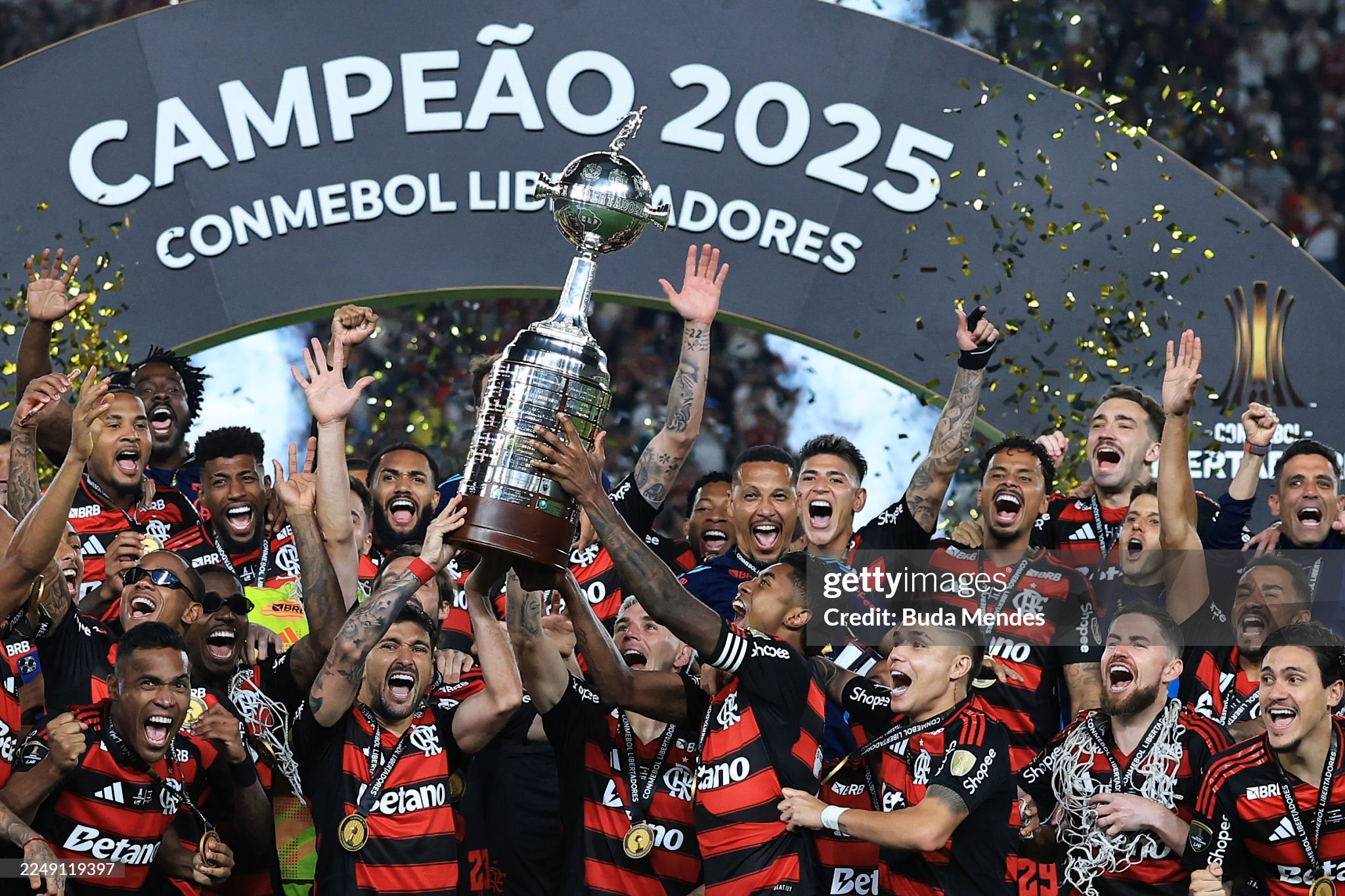FIFA cannot solve geopolitical problems

FIFA president Gianni Infantino reaffirmed on Thursday that the world football governing body has no mandate or capacity to “solve geopolitical problems,” at a time when the organization is under increasing pressure from athletes, federations, and political bodies to take action regarding Israel’s participation in international competitions.
The comments came during an opening speech at a FIFA meeting in Zurich, with Infantino addressing the mounting calls for Israel to be suspended from global football in light of the war in the Gaza Strip. Several groups have drawn parallels with the case of Russia, which was swiftly banned from FIFA and UEFA competitions in 2022 following the invasion of Ukraine. Critics argue that the same principles should now apply to Israel, which stands accused by a panel of UN experts of committing “genocide” in Gaza.
Infantino, however, emphasized that FIFA’s role is not to pass judgment on international conflicts or enforce political measures. Instead, he stressed the importance of football as a bridge between communities. “Our thoughts are with those suffering in the various conflicts currently taking place around the world, and the most important message football can convey right now is one of peace and unity,” Infantino said. “FIFA cannot solve geopolitical problems, but it can and must promote football worldwide through its unifying, educational, cultural, and humanitarian values.”
The FIFA president’s remarks reflect the delicate balance the organization must strike. While the governing body has often insisted that sport and politics should remain separate, recent history shows that FIFA and UEFA have not been immune to political pressures. Russia’s exclusion from the World Cup qualifiers and European competitions was a clear example of football responding decisively to international events, raising questions about why Israel is being treated differently.
Pressure has been mounting in recent weeks. Several football federations, particularly in the Middle East and North Africa, have voiced their opposition to Israel’s continued participation. Prominent athletes have also taken to social media and open letters demanding consistency from FIFA and UEFA. Meanwhile, fan groups across Europe have staged protests at matches, with banners calling for the suspension of Israel, adding to the visibility of the issue.
The United Nations has also entered the debate. Earlier this week, UN experts released a report concluding that Israel’s actions in Gaza amount to genocide, citing civilian casualties, widespread destruction, and humanitarian crises. Following the report, the UN appealed directly to UEFA and FIFA to suspend Israel, arguing that the global football community must uphold its commitment to human rights and equality.
Infantino, however, stopped short of addressing the specific demands for suspension, framing FIFA’s role as a unifying force rather than an arbitrator of geopolitical disputes. His comments suggest that, for now, FIFA intends to leave the matter largely in UEFA’s hands, given that Israel is a member of the European confederation.
That stance was reinforced on Wednesday by FIFA vice president Victor Montagliani, who stated plainly that the decision rests with UEFA. “They are a member of UEFA, so it’s up to them to deal with it,” Montagliani remarked. His words highlighted FIFA’s reluctance to intervene directly and pointed to the governing body’s preference for confederations to handle disputes involving their members.
The debate over Israel’s participation comes at a sensitive time for global football. On the one hand, the sport is seen as a universal language capable of fostering dialogue and peace. On the other, the expectation that governing bodies must take moral and political stands has grown significantly in recent years. Cases involving Russia, South Africa during apartheid, and even the ongoing discussions around hosting rights in countries accused of human rights violations show how deeply intertwined football has become with international politics.
For Israel, the stakes are high. Suspension would not only bar its national teams from competitions such as the World Cup and the European Championship but also prevent its clubs from participating in continental tournaments like the Champions League and Europa League. Such a move would deal a significant blow to Israeli football, both financially and symbolically.
For FIFA and Infantino, the challenge lies in navigating a path that maintains the sport’s credibility while avoiding becoming a direct actor in international conflicts. The president’s insistence on focusing on football’s cultural and humanitarian values reflects an attempt to position FIFA above the political fray. Yet, as critics have pointed out, football does not exist in a vacuum, and decisions or lack thereof inevitably carry political weight.
As the war in Gaza continues and calls for action grow louder, FIFA’s cautious stance will remain under scrutiny. For now, Infantino has made it clear that FIFA will not take unilateral action against Israel, instead reaffirming its mission to “use the power of football to unite people in a divided world.” Whether that position will hold under mounting international and domestic pressure is a question that could shape not only FIFA’s credibility but also the broader relationship between global sport and politics.











